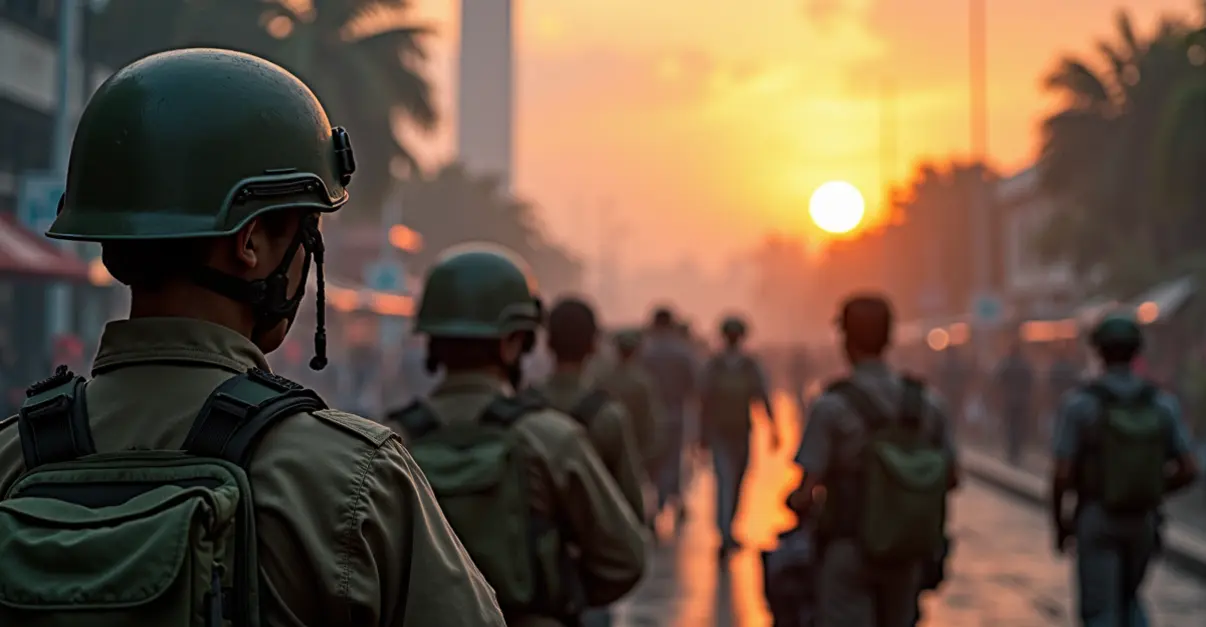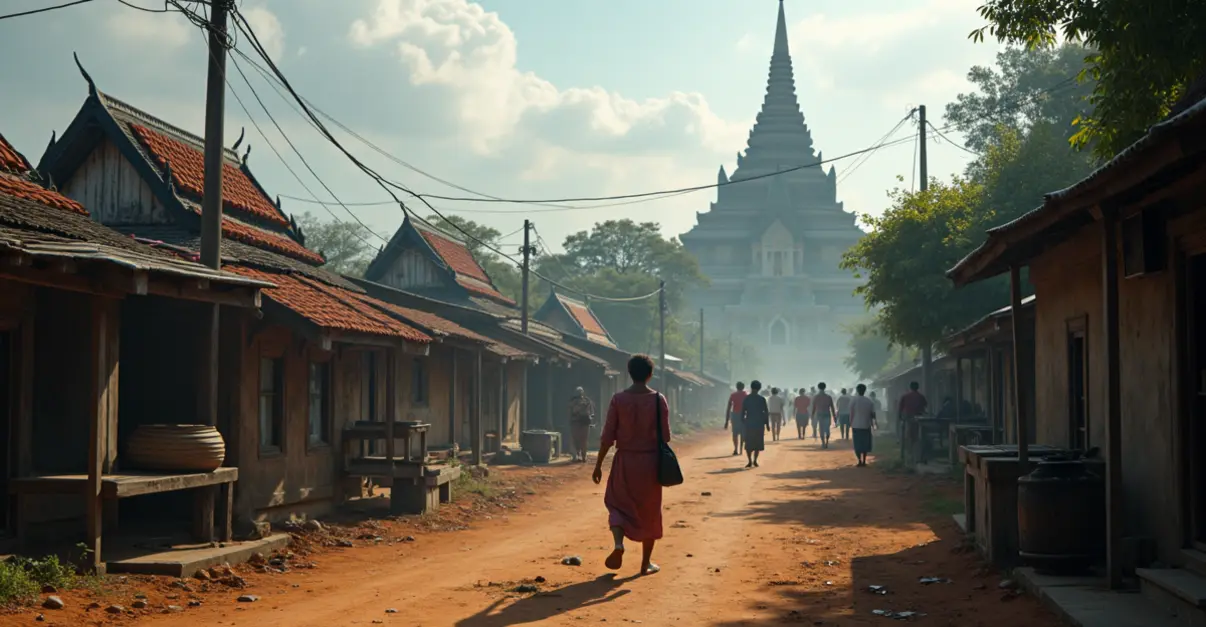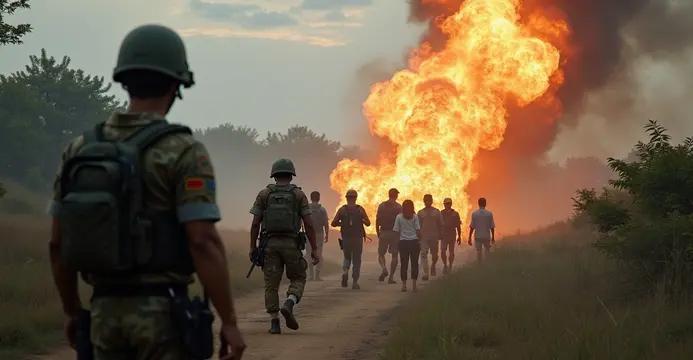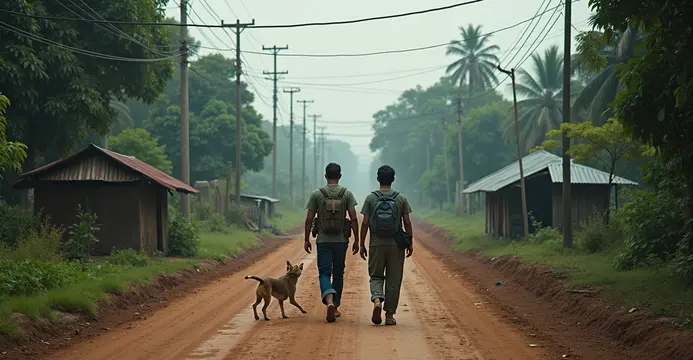Historic Ceasefire Agreement Reached in Kuala Lumpur
In a significant diplomatic breakthrough, Thailand and Cambodia have signed an expanded ceasefire agreement to resolve their long-standing border conflict, with former US President Donald Trump present as a key witness. The signing ceremony took place in Kuala Lumpur, Malaysia, during the ASEAN summit, marking a crucial step toward regional stability.
Key Provisions of the New Agreement
The comprehensive agreement includes several important measures: Thailand will release eighteen Cambodian prisoners, Cambodia will begin withdrawing heavy artillery from the border region, and both nations will initiate joint demining operations. ASEAN observers will monitor compliance with these provisions to ensure lasting peace.
The conflict between Thailand and Cambodia dates back to the 1950s, primarily centered around the Preah Vihear temple dispute. Recent escalations in July 2025 resulted in over forty casualties and displaced approximately 300,000 people, making this new agreement particularly significant.
Trump's Role and Regional Implications
President Trump's presence at the signing ceremony underscores the United States' renewed engagement in Southeast Asian affairs. During the event, Trump also signed separate trade agreements with Thailand, Cambodia, and host country Malaysia, focusing on mineral extraction to reduce US dependence on China.
'Reconciliation is not a concession but an act of courage,' stated Malaysian Prime Minister Anwar Ibrahim during the ceremony, highlighting the diplomatic significance of the moment.
The agreement builds upon a previous ceasefire reached in July 2025, which was largely attributed to Trump's threat to suspend trade agreements with both nations. This diplomatic pressure appears to have been instrumental in bringing the parties back to the negotiating table.
Historical Context and Future Prospects
The border dispute has its roots in colonial-era treaties between France and Siam (modern-day Thailand), with the International Court of Justice ruling in Cambodia's favor in 1962 regarding the Preah Vihear temple. However, tensions have periodically resurfaced, most recently in 2025 with the worst fighting since the dispute began.
Regional analysts suggest this agreement could pave the way for more comprehensive border demarcation and economic cooperation between the two nations. The involvement of ASEAN observers provides an important multilateral framework for monitoring and enforcement.
As one regional diplomat noted, 'This represents a significant step toward normalizing relations between two important Southeast Asian nations, with potential positive implications for regional security and economic development.'

 Nederlands
Nederlands
 English
English
 Deutsch
Deutsch
 Français
Français
 Español
Español
 Português
Português









